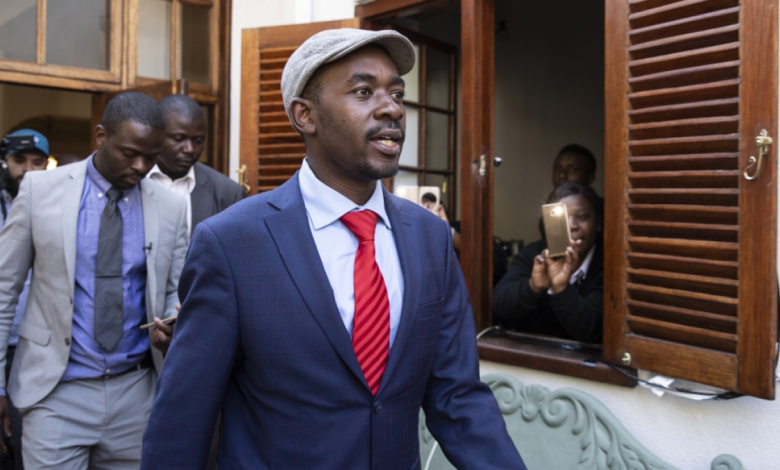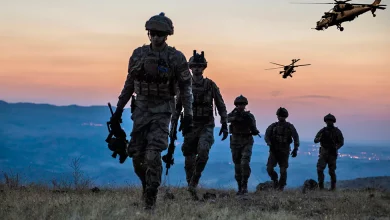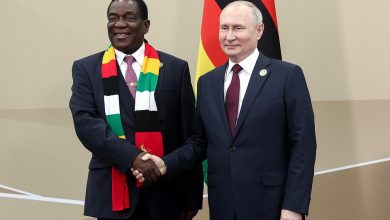Zimbabwe’s Progress Under President Mnangagwa: A Reality Check on Nelson Chamisa’s Claims

In recent statements on his X handle, Nelson Chamisa, former leader of the opposition party CCC, declared his intention to “build a new prosperous Zimbabwe,” advocating for “more doing and less talking.”
While his rhetoric resonates with some, it’s essential to recognize the substantial progress Zimbabwe has achieved under President Emmerson Mnangagwa’s leadership.
Infrastructure Development Under President Mnangagwa
Since assuming office, President Mnangagwa has prioritized infrastructure development as a cornerstone of Zimbabwe’s economic revival. The government has invested over $2.5 billion in various projects, including transport, water, energy, and social services, aligning with the nation’s Vision 2030 goals.
Notable achievements include the construction of new dams, with $10 billion allocated since 2021 for ten major dams. These projects aim to support agriculture, industry, and domestic water needs, crucial for climate-proofing agriculture and reducing dependence on rainfall.
Economic Recovery and International Relations
The Mnangagwa administration has implemented economic blueprints like the Transitional Stabilization Program (TSP) and the National Development Strategy 1 (NDS1), laying a robust foundation for sustainable growth. These strategies focus on stabilizing the economy, attracting investment, and fostering international partnerships.
Collaborations with countries such as Rwanda in infrastructure projects further demonstrate the government’s commitment to development. Minister Mhona emphasized that under President Mnangagwa, infrastructure development is a top priority in achieving economic prosperity.
Chamisa’s Rhetoric Versus Government Achievements
While Chamisa calls for “more doing and less talking,” his statements lack concrete plans or solutions. In contrast, the current government has demonstrated tangible results in education, healthcare, and industrial development. The focus on modernizing these sectors, including efforts to boost the manufacturing industry and improve service delivery, reflects a genuine commitment to long-term development.
Conclusion
Zimbabwe is on a path of steady progress under President Mnangagwa’s leadership. The substantial investments in infrastructure and economic recovery initiatives are yielding positive results. Rather than engaging in political rhetoric, it would be more constructive for opposition figures like Chamisa to acknowledge these achievements and collaborate with the government to further national development.




